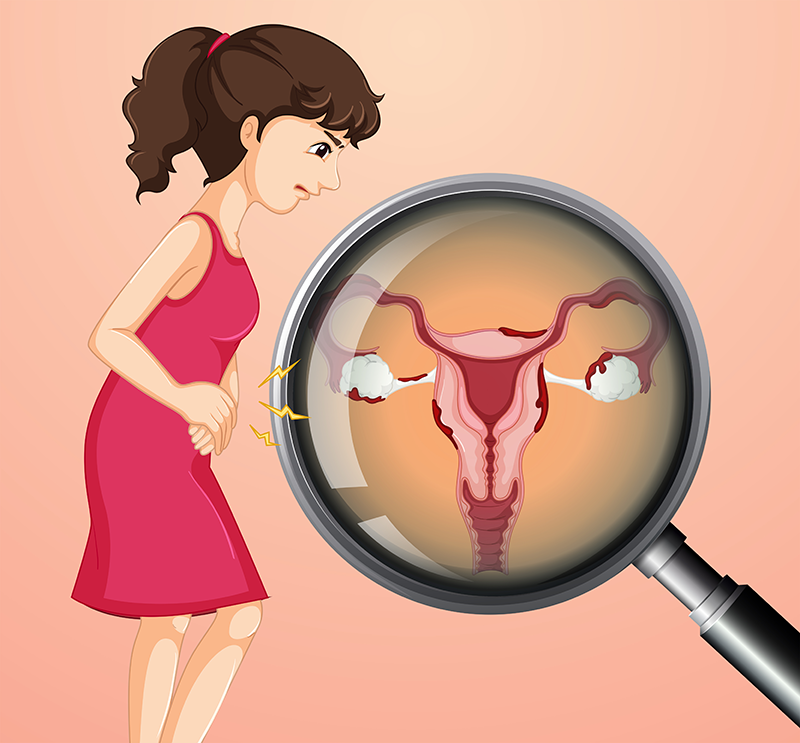Polycystic Ovary Syndrome (PCOS), a hormonal disorder affecting people with ovaries, has become increasingly prevalent in recent years. While conventional medicine offers various treatment options to manage symptoms, many individuals are turning to alternative therapies such as homeopathy in search of holistic and natural approaches. The question that often arises is whether PCOD is curable by homeopathy, and what remedies might be beneficial.
Understanding PCOD:
Polycystic Ovary Syndrome is characterized by an imbalance in reproductive hormones, leading to irregular periods, cysts on the ovaries, and a range of symptoms like acne, weight gain, and fertility issues. Conventional treatments often focus on managing symptoms through medications, lifestyle changes, and, in some cases, surgery.
Homeopathy and PCOD:
Homeopathy is based on the principle of “like cures like” and aims to stimulate the body’s self-healing abilities. While homeopathy doesn’t claim to cure diseases, it focuses on addressing the underlying imbalances that contribute to health issues. In the case of PCOD, homeopathy seeks to restore hormonal balance and alleviate associated symptoms.
Common Homeopathic Remedies for PCOD:
- Sepia: This remedy is often considered for individuals with irregular menstrual cycles, mood swings, and a sense of indifference or irritability. It may be beneficial for those with a tendency to gain weight around the abdomen.
- Lachesis: When there is a tendency towards left-sided symptoms, intense emotions, and aggravation before menstruation, Lachesis may be recommended.
- Pulsatilla: Suitable for those with a gentle and emotional nature, Pulsatilla may be prescribed for irregular periods, mood swings, and symptoms aggravated by warm rooms.
- Calcarea Carbonica: If there is a history of weight gain, especially around the abdomen, along with cold extremities and excessive sweating, Calcarea Carbonica may be considered.
- Thuja: When there is a history of irregular periods, acne, and a tendency to gain weight, Thuja may be recommended.
Individualized Treatment:
One of the strengths of homeopathy is its individualized approach. Homeopathic practitioners consider the unique symptoms, emotional state, and overall constitution of each person. The same homeopathic remedy may not be suitable for everyone with PCOD, as each individual’s experience of the condition is different.
Integrating Homeopathy with Conventional Care:
It’s essential to approach polycystic ovarian diseases treatment with a comprehensive strategy. Homeopathic remedies can be used as a complementary therapy alongside conventional treatments. Consultation with a qualified healthcare professional, preferably one experienced in both conventional and homeopathic approaches, is crucial for a well-rounded treatment plan.
Conclusion:
While there is anecdotal evidence and individual success stories, scientific research on the effectiveness of homeopathy for PCOD is limited. It’s important for individuals considering homeopathic treatment to do so under the guidance of a qualified practitioner, in conjunction with conventional medical care.
In the realm of PCOD, holistic management involving lifestyle changes, nutritional support, and emotional well-being is key. Whether seeking conventional or alternative therapies, the goal is to address the root causes, manage symptoms, and empower individuals to lead healthy lives.




